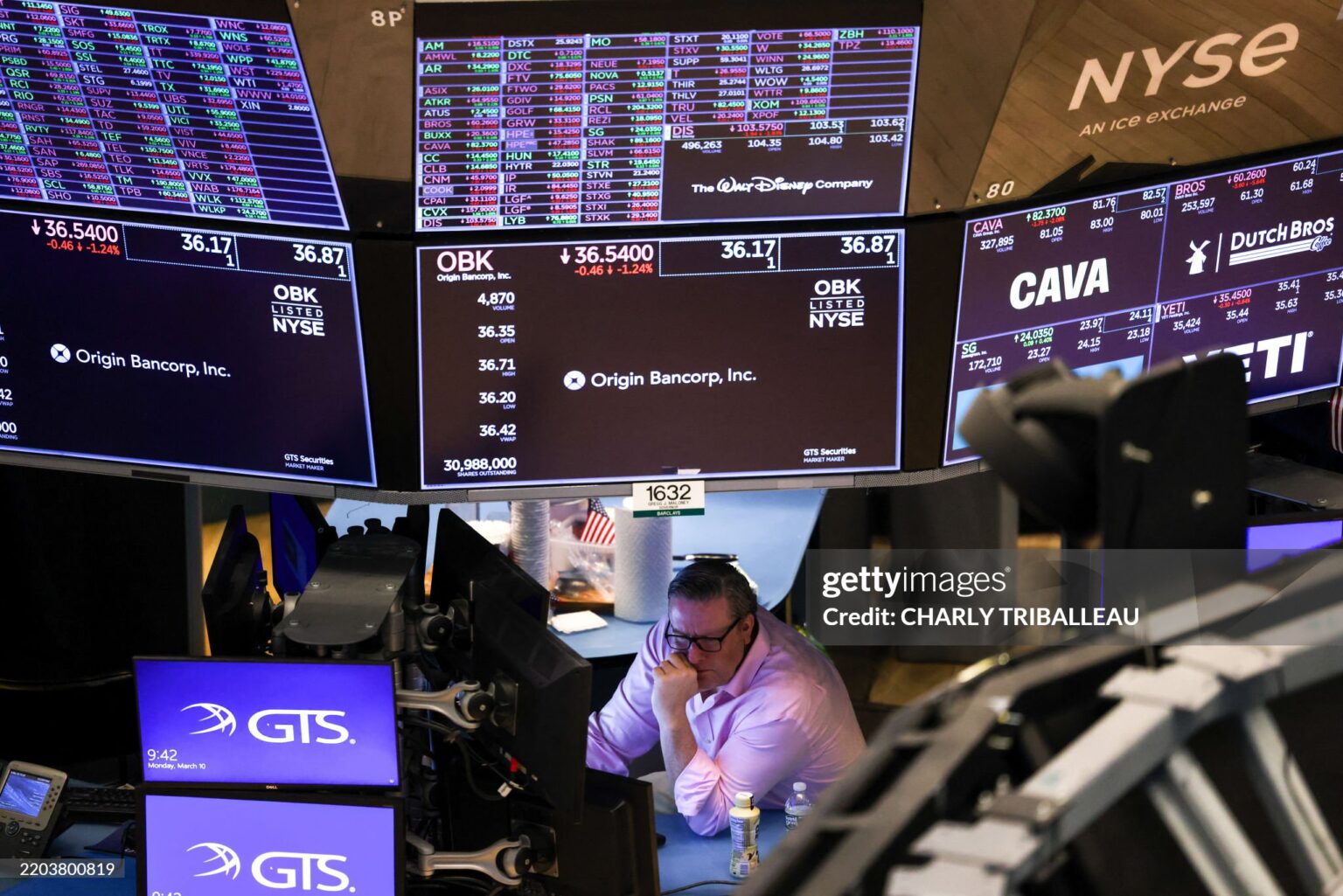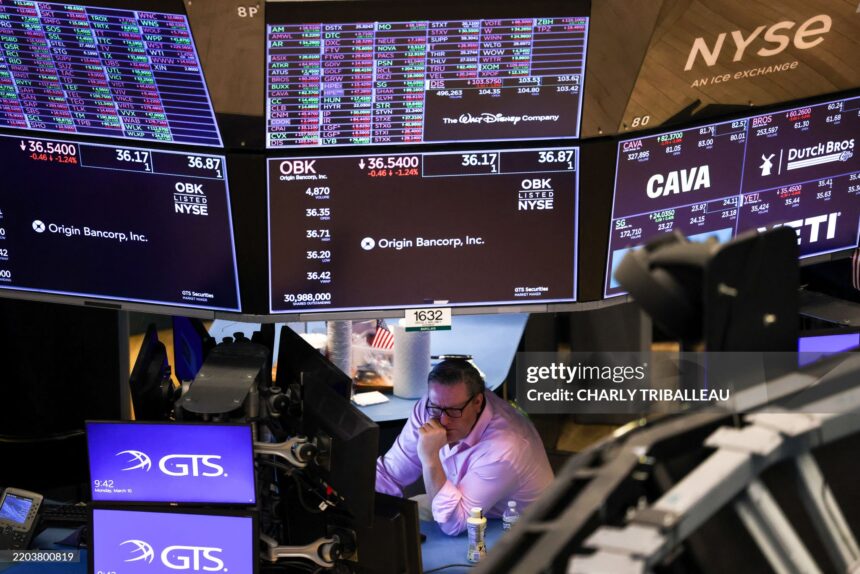Morgan Stanley Capital International (MSCI), the renowned international provider of investment support tools to over 6,000 clients around the world, released its “June 2025 MSCI Global Market Accessibility Review” report, which allows investors to track the evolution of capital markets accessibility in various countries across the globe, while providing authorities and regulators with a reliable information tool pertaining to their respective countries’ abidance by international standards. More specifically, the report assesses each country’s level of openness to foreign ownership, capital mobility, efficiency of the prevailing operational framework, availability of investment instrument, and the stability of its institutional framework through 18 indicators further elaborated in the below table. Countries are classified as Developed, Emerging, Frontier, or Standalone markets according to their economic development, size and liquidity of their markets, and markets accessibility.
On the local front, MSCI classified Lebanon as a Standalone Market, assigning it the same scores it registered last year in the 18 covered metrics. The report reaffirmed that the main weaknesses that relate to foreign investors’ rights, market regulations, and information flow in Lebanon stem basically from the absence of certain documentation in English. On the other hand, MSCI stated that the investor registration and account setup process is compulsory and may need a period that can extend up to five days. Concurrently, segregated custody and trading accounts are deemed mandatory, according to the report, in an endeavor to alleviate any risks emanating from local brokers enjoying unlimited access to trading accounts. The report pointed, however, to the nonexistence of global custodians in the Lebanese market and to the absence of a central registry, “with some registry at issuer level”. In parallel, the report mentioned that “in-kind transfers and off-exchange transactions are prohibited” in Lebanon, and highlighted the absence of an offshore currency market & the availability of constraints on the onshore currency market, as foreign investors are not allowed to hold Lebanese pound balances and foreign exchange transactions must be linked to security transactions. Finally, the report highlighted that the political situation in Lebanon may put the stability of its institutional framework in jeopardy.
The table below sketches the outcomes of MSCI’s assessment of Lebanon’s capital market accessibility compared to its regional standalone peers in terms of the 18 covered metrics:



















